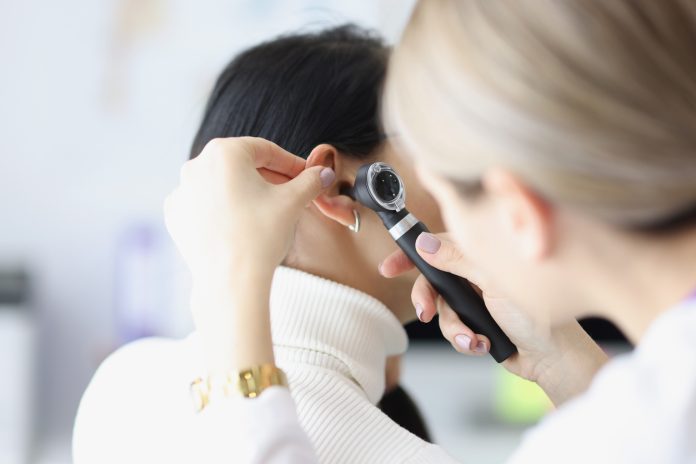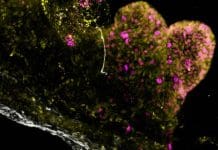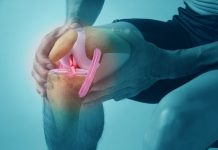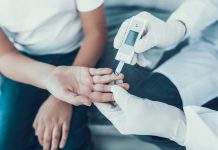The University of Sheffield announces approval of the first human trial testing regenerative cell therapy to treat sensorineural hearing loss, offering hope for restoring hearing function
Researchers at the University of Sheffield are set to begin the first-ever human trial exploring regenerative cell therapy as a treatment for sensorineural hearing loss. This pioneering study could pave the way for innovative therapies that repair inner ear damage and improve patients’ quality of life.
Regenerating damaged auditory neurons
Rinri Therapeutics, a leading University of Sheffield spin-out company dedicated to transforming the treatment of sensorineural hearing loss with a regenerative cell therapy, has received approval from the UK’s Medicines and Healthcare products Regulatory Agency (MHRA) to begin its first-in-human clinical trial.
Sensorineural hearing loss happens when the sensitive, hair-like cells within the cochlea or the hearing nerve become damaged. Current standard treatments, such as cochlear implants, can help manage the condition; their effectiveness depends on the integrity of the cochlear nerve.
The spin-out company has now developed Rincell-1, designed to regenerate damaged auditory neurons, for which no treatment currently exists, bringing the potential to transform the lives of people with neural hearing loss and to play a significant role in healthy ageing.
Expanding treatment for sensorineural hearing loss
The clinical trial will take place at three leading hearing research centres in the UK and will operate as a randomised, open-label trial. The trial will involve 20 patients undergoing cochlear implantation for hearing loss, with ten patients having postsynaptic auditory neuropathy spectrum disorder (ANSD) and ten having severe-to-profound age-related hearing loss (presbycusis). Within each group, patients will be randomly assigned to receive a single dose of Rincell-1.
The study aims to measure safety and detect significant changes in neural health, as measured by telemetry from Advanced Bionics’ cochlear implant monitoring AIMTM system, alongside a range of speech perception measures and patient-reported outcomes. Rincell-1 will be delivered to the cochlea during cochlear implant surgery via a novel extension of the current procedure, which involves a minimally invasive technique to ensure the precise and safe delivery of the regenerative cells, as previously published in 2024.
Professor Marcelo Rivolta, from the University of Sheffield’s School of Biosciences and Founder and Chief Scientific Officer at Rinri Therapeutics, said: “This MHRA approval is a culmination of years of rigorous scientific exploration and an unwavering belief in the potential of regenerative medicine. Our research into Rincell-1 has consistently shown its ability to target and restore the delicate neural structures of the inner ear. Now, to translate this scientific understanding into a human trial, bringing us closer to a future where we can truly restore auditory function, is profoundly rewarding for the entire team who have poured their expertise and passion into this work.”
Simon Chandler, CEO of Rinri Therapeutics, said: “Approval to start our first clinical trial with Rincell-1 in hearing loss is a major milestone and recognition of the potential of our regenerative cell therapy in this area of significant unmet medical need. I’d like to thank our staff and partners for their meticulous work towards this achievement, and our investors, Boehringer Ingelheim Venture Fund, UCB Ventures and Pioneer Group, for their support.”
Professor Doug Hartley, CMO of Rinri Therapeutics & Chief Investigator on the trial, said: “Working daily with individuals suffering from hearing loss, I know how devastating it can be, and the acute need for a therapy to change the disease course. It’s very exciting to be starting a clinical trial with Rincell-1, working with otologists across the world to develop this promising new approach to auditory nerve regeneration.”








